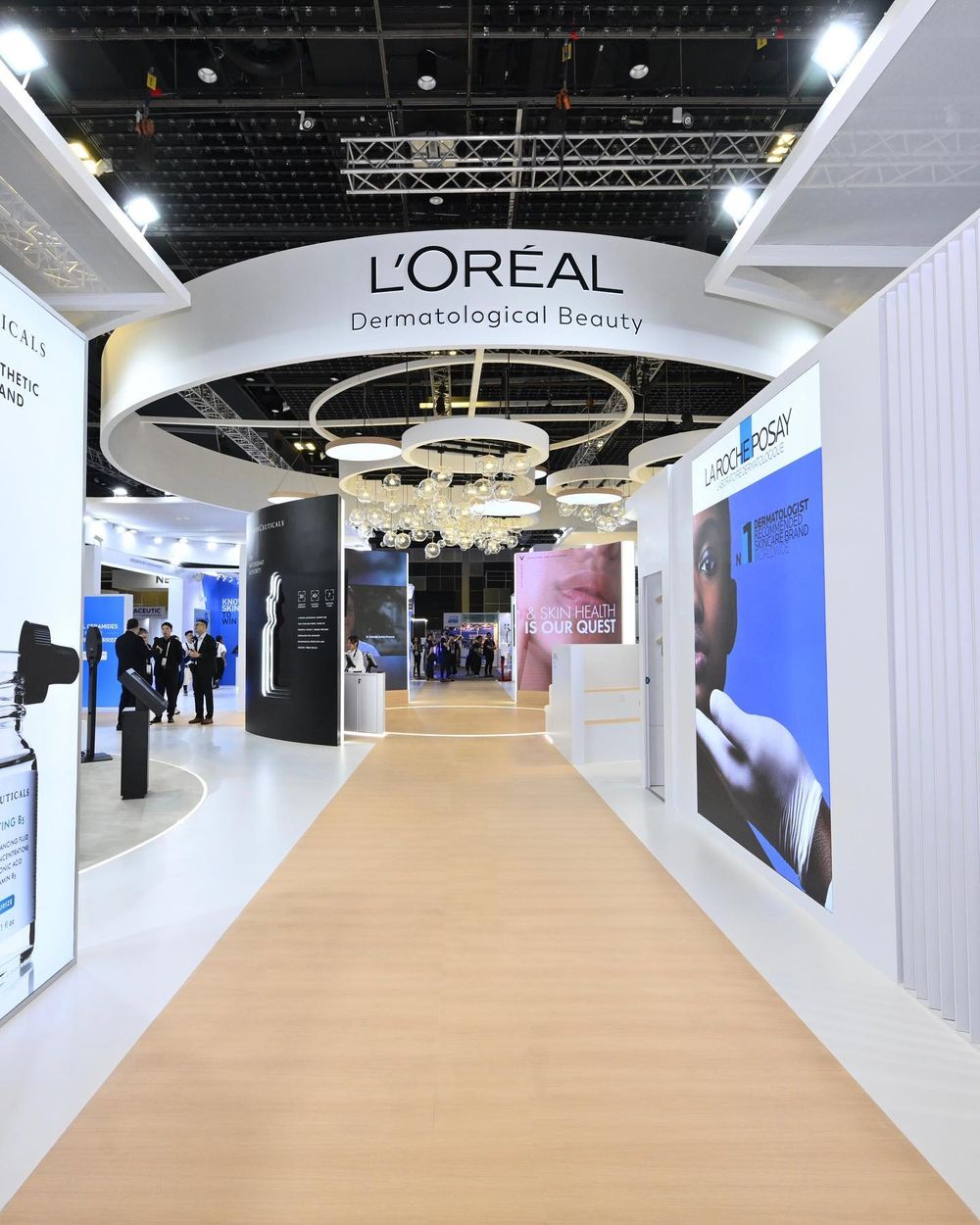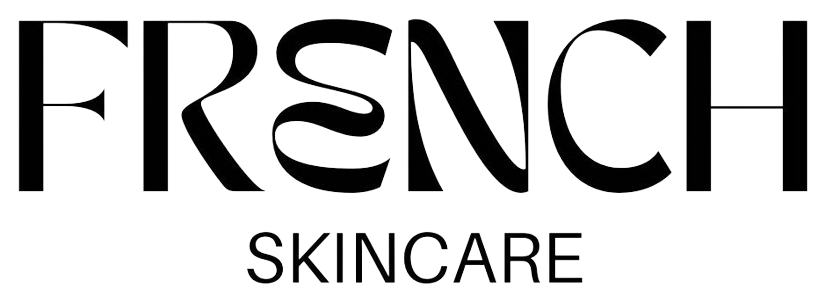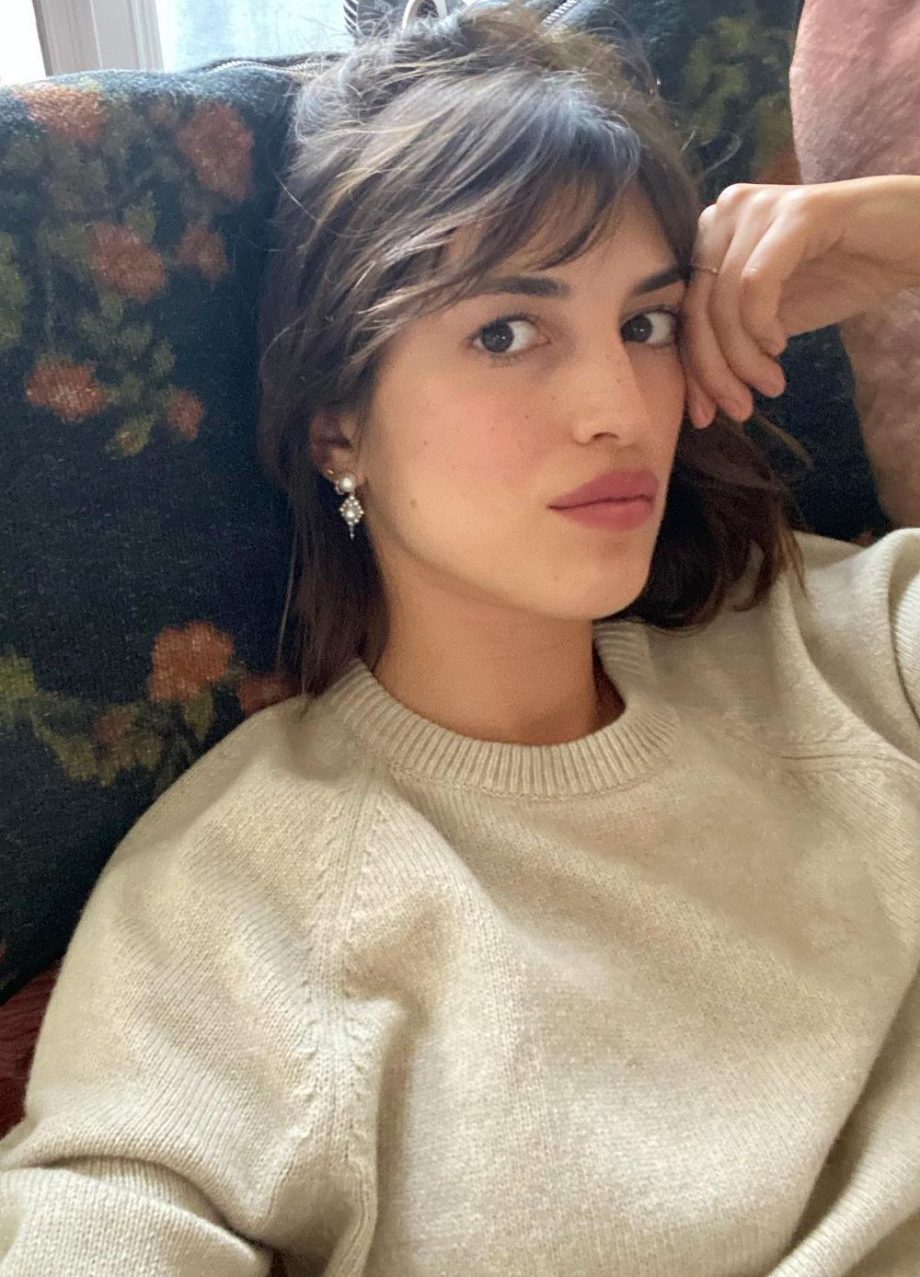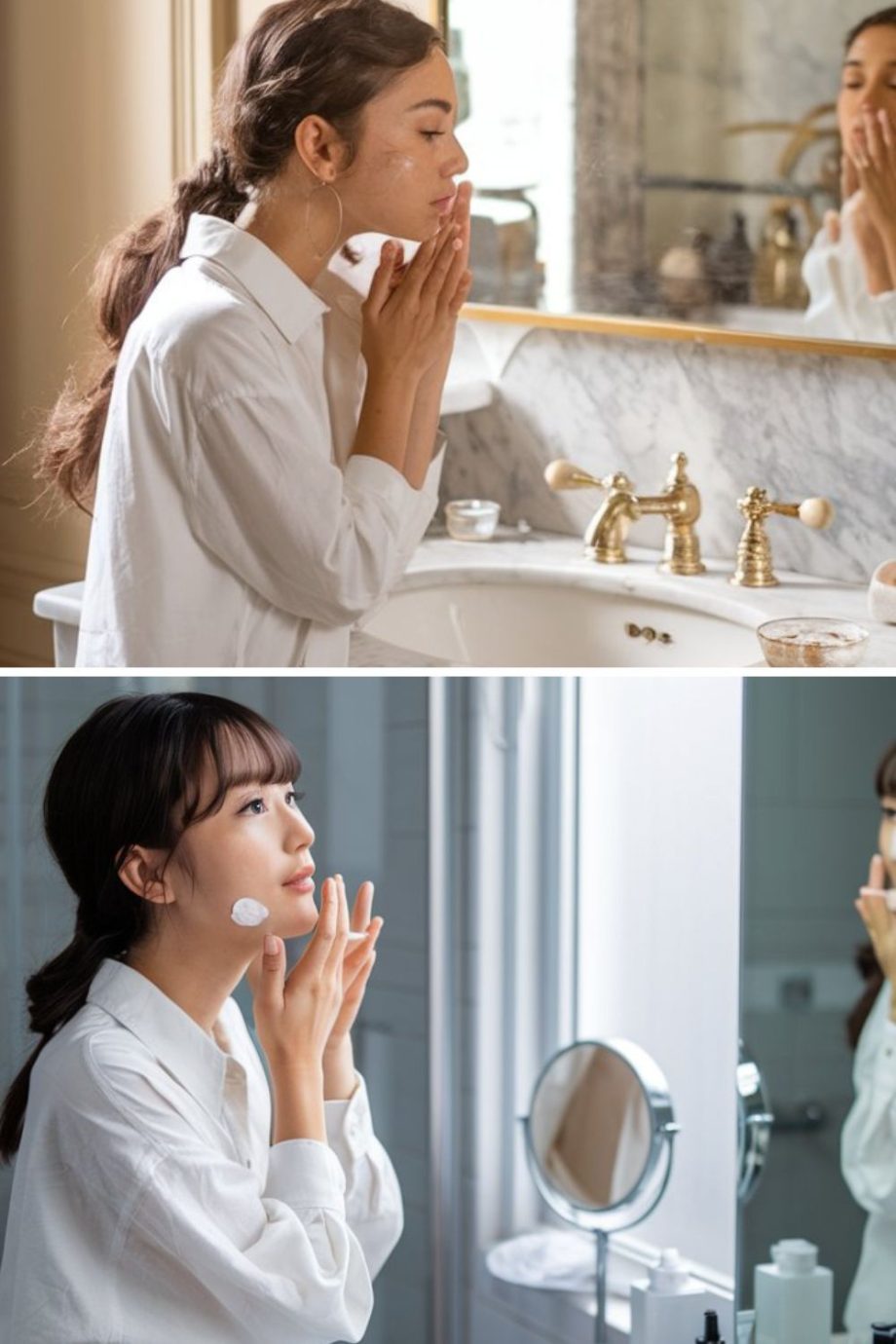Ever wondered what the prominent French pharmaceutical beauty companies are?
Pharmaceutical beauty companies are companies that specialize in developing and producing cosmetic and skincare products using pharmaceutical-grade ingredients and technology. These companies often have close ties to the pharmaceutical industry and use their expertise in chemistry and biology to create high-quality, clinically-proven skincare products.
Pharmaceutical beauty companies prioritize safety and efficacy in their products, and many of them conduct extensive clinical trials to ensure that their products are effective and safe for use on the skin.
French Pharmaceutical Beauty Companies
Here are the top French pharmaceutical beauty companies in the beauty and skincare industry in Europe.
Pierre Fabre
Pierre Fabre Laboratories, named after its founder, is a well-known French multinational company that specializes in pharmaceuticals and dermo-cosmetics.
Pierre Fabre, a pharmacist by training, founded his namesake company in 1962 in Castres, France. Initially, the company specialized in contract manufacturing of medicines. However, it soon expanded into the research and development of proprietary drugs.
Throughout the 1960s and 1970s, Pierre Fabre Laboratories made several important advancements, such as the introduction of Navelbine, a significant cancer-fighting drug, and the establishment of the Pierre Fabre Research Institute in 1973.
In 1980, the company launched its dermo-cosmetic brand, Avène, which utilizes thermal spring water known for its soothing and anti-irritating properties. This marked the company’s foray into the dermo-cosmetic market.
The company expanded internationally over the decades, growing to become the second-largest dermo-cosmetics laboratory in the world and the second-largest private French pharmaceutical group. It has a presence in over 130 countries with a vast range of products, spanning from prescription drugs and consumer healthcare products to dermo-cosmetics.
Pierre Fabre himself was highly invested in the company throughout his life, ensuring a balance between economic realities and ethical concerns. He established the Pierre Fabre Foundation in 1999, a recognized public utility that continues to contribute to the company’s corporate social responsibility initiatives.
After the death of Pierre Fabre in 2013, the company remained under the control of the Pierre Fabre Foundation, which holds the majority of the voting rights. This ensures the continuation of Pierre Fabre’s vision and commitments.
Pierre Fabre Laboratories owns many brands in both pharmaceuticals and dermo-cosmetics. Some of the brands that they own are:
- Avène: This skincare brand is particularly known for its use of thermal spring water in its products, which are designed to be gentle and soothing for all skin types.
- Klorane: Known for its plant-based hair care and eye care products.
- Ducray: This brand provides skin, hair, and scalp care products.
- Rene Furterer: This is a premium hair care brand that emphasizes the importance of healthy scalps for healthy hair.
- Galenic: A luxury skincare brand that blends effective ingredients with pleasurable textures and scents.
- Elancyl: This brand focuses on body care products and is especially known for its anti-cellulite treatments.
In the pharmaceutical sector, Pierre Fabre also manufactures prescription drugs across various therapeutic areas including oncology, central nervous system, cardiology, gastroenterology, and dermatology.
NAOS
NAOS, a major player in the global skincare industry, has a rich history that emphasizes skin health and ecology. The company was founded by Jean-Noël Thorel, a French pharmacist and biologist who sought to redefine skincare in light of his unique philosophy: to view the skin as a living ecosystem that interacts with its environment and changes over time.
NAOS began in 1977 with the creation of Bioderma, a brand grounded in dermatology and dedicated to skin health. Its pioneering product, the Sensibio H2O Micellar Water, was one of the first micellar waters on the market, and it has remained a popular product due to its effectiveness in removing makeup while respecting skin balance.
In 1981, Thorel founded Institut Esthederm, a brand that further embodied his innovative skincare philosophy. Institut Esthederm focuses on the skin’s adaptation capacities and how it evolves over time. This brand is known for its sun care products that aim to optimize the skin’s natural tanning process while minimizing the risks associated with sun exposure.
Later, Thorel developed the Ecobiology approach, a science that respects the skin ecosystem and preserves its health in a lasting way. This led to the creation of the brand Etat Pur in 2011.
To unite these three brands – Bioderma, Institut Esthederm, and Etat Pur – under a common philosophy, the NAOS company was officially established in 2016. NAOS’s mission is to respect the nature of human skin, and its approach emphasizes the interactions between our skin and our environment.
NAOS operates in more than 100 countries around the world, with a strong commitment to skin health and environmental sustainability.
L’Oréal
L’Oréal, a global beauty and cosmetics giant, was founded in 1909 by French chemist Eugène Schueller. Schueller developed and manufactured a hair dye formula called Auréale, which eventually led to the company name L’Oréal.

From this small operation, L’Oréal grew into an international company. In the early years, Schueller personally and meticulously formulated and manufactured his own products, and also sold them to Parisian hairdressers.
The company grew internationally in the mid-20th century, beginning with the United States in 1953, and then onto other countries. L’Oréal continued to diversify its products, from hair care to skincare, makeup, and perfumes.
One significant factor in L’Oréal’s growth was its strategic acquisition of various brands across different sectors of the beauty industry. Some notable acquisitions include Lancôme in 1964, The Body Shop in 2006, and IT Cosmetics in 2016.
Over the years, L’Oréal has been a pioneer in research and innovation in the beauty and skincare industry. The company has heavily invested in research, clinical studies, and development, with thousands of scientists and researchers across various fields such as chemistry, dermatology, biology, physics, and nanoscience.
L’Oréal has also been at the forefront of ethical and sustainability initiatives in the global pharma-beauty industry. They launched a sustainability commitment plan, “Sharing Beauty With All”, in 2013, setting measurable sustainability targets across its value chain.
Today, L’Oréal is one of the largest cosmetics companies in the world, boasting a vast portfolio of 36 brands and an international presence in 150 countries!
L’Oréal owns a wide variety of brands targeting different market segments and price ranges.
Luxury Brands
These companies are part of the High-End, Premium Segment.
- Lancôme
- Yves Saint Laurent Beauté
- Giorgio Armani Beauty
- Kiehl’s
- Biotherm
- Ralph Lauren Fragrances
- Helena Rubinstein
- Urban Decay
- Clarisonic
- Viktor&Rolf perfumes
- Diesel Perfumes
- Maison Margiela Fragrances
- Atelier Cologne
- IT Cosmetics
- Cacharel
Consumer Brands
These companies are part of L’Oreal’s Mass Market Segment.
- L’Oréal Paris
- Garnier
- Maybelline New York
- NYX Professional Makeup
- Essie
- Colorama
Professional Brands
These companies make Professional Products for Salons and Stylists worldwide.
- L’Oréal Professionnel
- Kérastase
- Redken
- Matrix
- Pureology
- Shu Uemura Art of Hair
- Mizani
- Decleor
- Carita
Active Cosmetics
These brands focus on Dermatologically-Tested products that are sold in pharmacies. This is the pharmaceutical segment of L’Oreal.
- La Roche-Posay
- Vichy
- SkinCeuticals
- Roger&Gallet
- CeraVe
- Sanoflore
This portfolio makes L’Oréal one of the most diverse beauty companies in the world, offering products that cater to a wide range of consumer needs across different cultures, lifestyles, and incomes.
Global Impact of French Pharmaceutical Beauty Companies
The worldwide impact of pharmaceutical beauty companies from France is considerable. These companies have had a significant influence on beauty standards, skincare practices, research and development, and the global beauty market as a whole. They contribute to France’s recognition as one of the most beautiful countries in the world. Tourists regularly travel to France to buy the country’s beauty products so whatever they are doing is surely working!
French pharmaceutical beauty companies invest heavily in research and development. Companies like L’Oréal and Pierre Fabre have extensive research divisions, leading to innovative skincare and cosmetic products. They pioneer technologies and formulations, influencing global trends in beauty and skincare.
French beauty companies, such as L’Oréal and Coty, are some of the largest beauty corporations worldwide. Their extensive brand portfolios span across various beauty sectors – skincare, makeup, hair care, fragrance, and more. These companies have a significant impact on the international beauty market, shaping trends, and setting industry standards.
These companies contribute significantly to the French and greater European economy, providing employment, supporting local suppliers, and generating revenue. For instance, L’Oréal, the world’s largest cosmetics company, employs tens of thousands of people globally. This company has helped establish France as a leader in the global beauty market.
Dermatologists on French Pharmaceutical Beauty
French pharmaceutical beauty brands have long been praised by dermatologists for their emphasis on high-quality ingredients, scientific research, and targeted formulations. These are the aspects dermatologists often appreciate about French dermo-cosmetic brands:
- High-Quality Ingredients: French pharmaceutical beauty brands prioritize high-quality, often natural, ingredients. Many products are rich in thermal spring water, antioxidants, and other skin-nourishing ingredients.
- Effective Formulations: These brands invest significantly in research and development, leading to effective, science-backed products. Brands like La Roche-Posay, Bioderma, and Vichy are lauded for their effective formulations in addressing specific skin concerns.
- Gentle on Skin: Many French pharmaceutical beauty products are designed with sensitive skin in mind. They are often hypoallergenic, non-comedogenic, and free from common irritants, making them appropriate for various skin types.
Challenges in French Pharmaceutical Beauty
Like any industry, French pharmaceutical beauty companies face a series of challenges and opportunities as they navigate evolving consumer expectations, regulations, and global trends. Here are a few notable challenges.
Sustainability: As consumers become more eco-conscious, there is increasing pressure on beauty companies to adopt sustainable practices across their value chains, from sourcing ingredients to manufacturing and packaging. France has largely kept up with this demand and offers dozens of sustainable, vegan, and eco-friendly skincare brands today.
Transparency: Today’s consumers are more knowledgeable and curious about what goes into their products. This calls for greater transparency in ingredients, sourcing, manufacturing processes, and the claims that companies make about their products. France has several successful natural skincare brands that meet this requirement.
Regulations: Changes in regulations can pose a challenge. This includes potential restrictions on certain ingredients, changes in animal testing laws, and regulations around packaging and waste.
Competition: The beauty market is highly competitive, with new brands emerging constantly. Staying innovative and relevant to consumers is a continuous challenge.
Digital Transformation: The rise of e-commerce, social media, and digital technologies has transformed how consumers discover, buy, and interact with beauty brands. Companies need to adapt to this digital transformation or risk being left behind. Most French consumers get their beauty recommendations on TikTok or Instagram these days, so companies need to be present on these social networks if they want to stay relevant.
Future Trends in French Pharma Beauty
Harnessing future beauty trends will help the French pharmaceutical beauty industry stay ahead of the curve. Here are some key beauty trends to watch:
Personalized Beauty: Personalization in beauty products, driven by advances in technology and data analytics, is an emerging trend. Consumers increasingly want products tailored to their unique skincare needs and preferences. By creating products for a more nuanced set of skincare needs, for example, companies can enjoy continued growth.
Clean Beauty: There is a growing demand for “clean” beauty products that are free from certain chemicals, cruelty-free, and more natural or organic. Smaller clean French beauty brands have stepped up to the plate and are quickly gaining market share from the big guys.
Inclusive Beauty: The call for inclusivity in the beauty industry has never been louder. This includes offering a wider range of shades in makeup products and addressing the skincare needs of diverse consumer groups.
Wellness and Self-Care: The line between beauty and wellness is blurring. More consumers are seeing skincare and beauty routines as part of self-care and overall wellness, driving demand for products that promote relaxation, stress relief, and holistic well-being.
Scientific Advancements: As technology and science advance, new opportunities are arising for innovative ingredients, formulations, and product delivery systems in beauty products.



